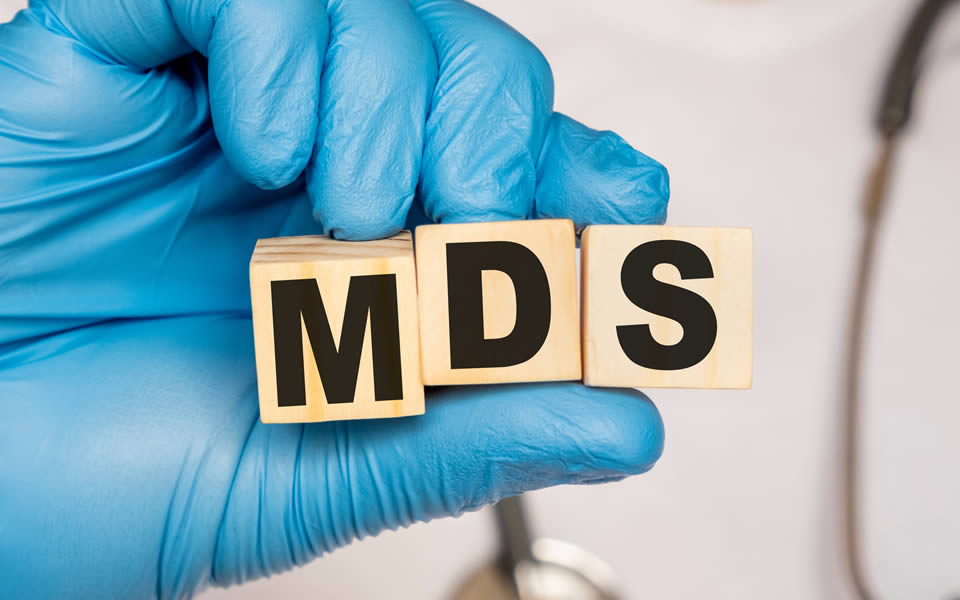Software Bugs During MDS Kickoff May Cause Ongoing Revenue Challenges for Providers
By Maureen McCarthy, Founder, President and CEO, Celtic Consulting, LLC
You attended trainings, planned implementation with your team, you thought you were ready. If you feel you hit roadblock after roadblock starting on October 1st, you aren’t alone.
Sweeping EMR Errors
Providers nationwide expressed frustration with electronic medical record (EMR) software vendor glitches during the transition to the Minimum Data Set (MDS) 3.0 version 1.18.11. EMR errors were not specific to any one vendor, the Centers for Medicare and Medicaid Services (CMS) released an errata document recognizing twenty-one (21) issues in the MDS Resident Assessment Instrument (RAI) RAI Manual version 1.18.11. This caused a trickle-down effect, resulting in all EMR vendors experiencing problems in some ways. Some of the most concerning, and most common, errors were causing inaccurate Resource Utilization Groups (RUGs) codes. Providers were left with a difficult decision; to delay their MDS submission until system edits were issued, or submit MDSs with incorrect codes. When questioned by callers during a CMS Open Door Forum [10/12/2023], CMS discussed the ramifications of not submitting an MDS: claims submitted without an MDS submission will not be paid. CMS officials were unable to provide specific remedies for software errors, or estimated timelines for correction; instead directing providers to work directly with their vendors, Medicare Administrative Contractors (MACs), or contact the Internet Quality Improvement & Evaluation System (iQIES) help desk.
To illustrate the magnitude and complexity of errors providers encountered; nearly one month post-implementation of the MDS 3.0 version 1.18.11, one of the most prominent EMR softwares in the U.S. continues to investigate unresolved errors, releasing in a multi-page document detailing the status of resolution. Other software vendors have requested users file IT tickets directly with their software vendors. Providers reported significant complications across multiple software vendors:
- Health Insurance Prospective Payment System (HIPPS) scores were not calculating for OBRA assessments;
- Incorrect HIPPS scores were calculated for MDS assessments for Medicare;
- Erroneous skip patterns resulted from both CMS technical errors and EMR technical errors;
- Inability to submit MDS assessments; and
- Software patches were issued after the fact, but were not consistently updated.
Timelines for correction may vary; unfortunately, providers are at the mercy of their EMR, and even CMS, to make corrections to identified errors. Facilities should contact their software vendor for a current list of known issues during the MDS transition. This will provide a software-specific “map,” that providers can use until software patches are fully updated. Additionally, it’s recommended that providers continually watch for error occurrences in their EMR software, as the industry continues to see issues arising. As facilities complete the first round of billing since 10/1/23, for October and November claims, experts anticipate this will kick up new EMR glitches.
Eyes On Revenue Amid Rolling EMR Updates
With EMR error corrections at varied levels of resolution, providers should heed the warning: your revenue could be jeopardized due to inaccuracies reflected by your EMR. It’s recommended that during this time of transition, providers do not take Patient Driven Payment Model (PDPM) scores calculated within the EMR at face value. In some circumstances, facilities have found EMRs have not calculated, or not fully calculated, scores for clinical reimbursement, leaving valuable dollars on the table. Providers should allot extra time to dedicate to Triple Check meetings for October and November claims, to verify the accuracy of PDPM case mix components.
If a facility does not have experience calculating PDPM case mix groups, they may want to consider delaying MDS submission until EMR glitches have been fully corrected and PDPM scores are accurately calculated within the EMR. Delaying submission will not impact revenue, however it is an issue with regulatory requirements for timeliness. It’s recommended that providers contact their state RAI Coordinators to request a waiver for MDS submission timeliness due to multiple errors with MDS completion and submission.
Consider partnering with an expert. Celtic Consulting, a post-acute advisory firm, provides operational, clinical, and financial support to health care providers. Our associates frequently partner with SNFs to provide MDS reviews for accuracy prior to submission and billing. Contact Celtic today, let’s discuss how we can assist your organization.




















